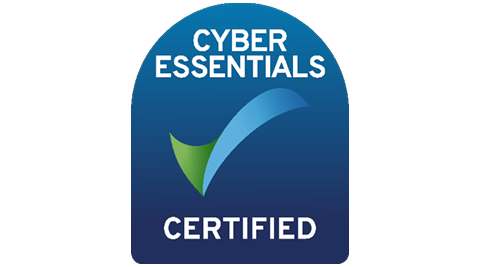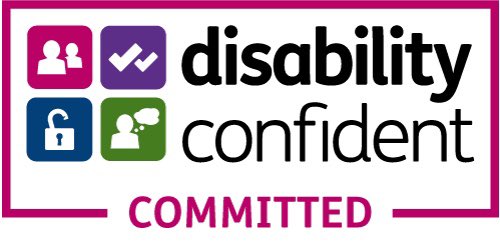April is National Stress Awareness Month and let’s face it many people are experiencing some of the most stressful and worrisome times they have ever known. The effects of the cost-of-living crisis, the Russian-Ukraine war and Brexit have taken their toll, creating alarming levels of anxiety, stress and burnout among the workforce.
According to a Study by AXA Mind Health a massive £28 billion was lost to workplace stress and burnout last year. The survey found that almost half of the UK are currently not in a positive state of mental wellbeing and at risk of burning out, which is having a significant impact on the economy and businesses across the UK.
So what can employers do to support their employees:
Build a culture of empathy
For anyone who doesn’t know work culture is described as: “The values, beliefs and attitudes that guide an organisation. It sets expectations for how employees should behave and interact with one another as they perform their day-to-day responsibilities and contribute to the company’s overall mission.”
An SHRM survey of more than 9,000 workers in a dozen different countries found they overwhelmingly agree “empathy is an essential quality of a healthy workplace.” Those whose employers offer empathy training for people managers are more likely to say their workplace has “a culture of open and transparent communication,” feel physically safe on the job, report trust in their supervisor and cite culture as a reason they love their job. If employees love their job they are less likely to experience workplace stress or at least feel they can speak to someone they trust within the organisation if they do and the organisation can take action.
Provide support
MHFA England is one of many training providers that provides training and consultancy to support employers to manage health and wellbeing proactively, minimise the impact of mental ill health on business and employees, and promote and maintain healthy workplaces.
Many workplaces have taken this a step further and now have a dedicated Mental Health First Aiders. These are people or a person dedicated to helping people experiencing a mental health issue or emotional distress at work. It is their role to:
- Recognise those that may be experiencing poor mental health and provide them with first-level support and early intervention
- Encourage a person to identify and access sources of professional help and other supports
- Practise active listening and empathy
- Have a conversation with improved mental health literacy around language and stigma
Create a healthy workplace
Open communication
Reduce the stigma associated with stress by encouraging your employees to talk about it and its effects. Give people a place to share their coping mechanisms – if something has worked for them why not share it.
Encourage employees to take their lunch breaks and holidays
Ensure employees feel comfortable taking their holidays and lunch breaks. If you find that people don’t feel comfortable taking holidays then it’s time to work out the reasons why and tackle them. Could it be to do with the company culture? Culture is something that can be changed but needs to start with consistent top-down leadership.
Tailor your benefits to promote a healthy lifestyle
Promote being healthy and exercising with benefits and incentives that support a healthy lifestyle such as discounts at the gym, ride to work schemes and fruit bowls instead of vending machines.
Offer flexibility
Many employees believe a good work-life balance is more important than a good salary or climbing the career ladder. Flexible working and working from home becoming the norm in many industries, so for those employers who either don’t offer it or want to encourage people back to the office - it can be a major source of stress for their employees.
It is something that is worth consideration as the benefits for the employer are multiple: retention of staff and their knowledge, increase in engagement and motivation and reduction in turnover.
In conclusion, there are many things you can do to support your employees to manage stress. Change won’t happen overnight and it often needs to start at the top but a mentally healthy workforce has so many benefits and is something that all business owners and managers should be striving for.
Looking for more guidance in your hiring process?
If you are currently hiring and would like further advice on how best to position yourself as an employer of choice to your potential employees, get in touch with Scantec today to discuss our recruitment services.







